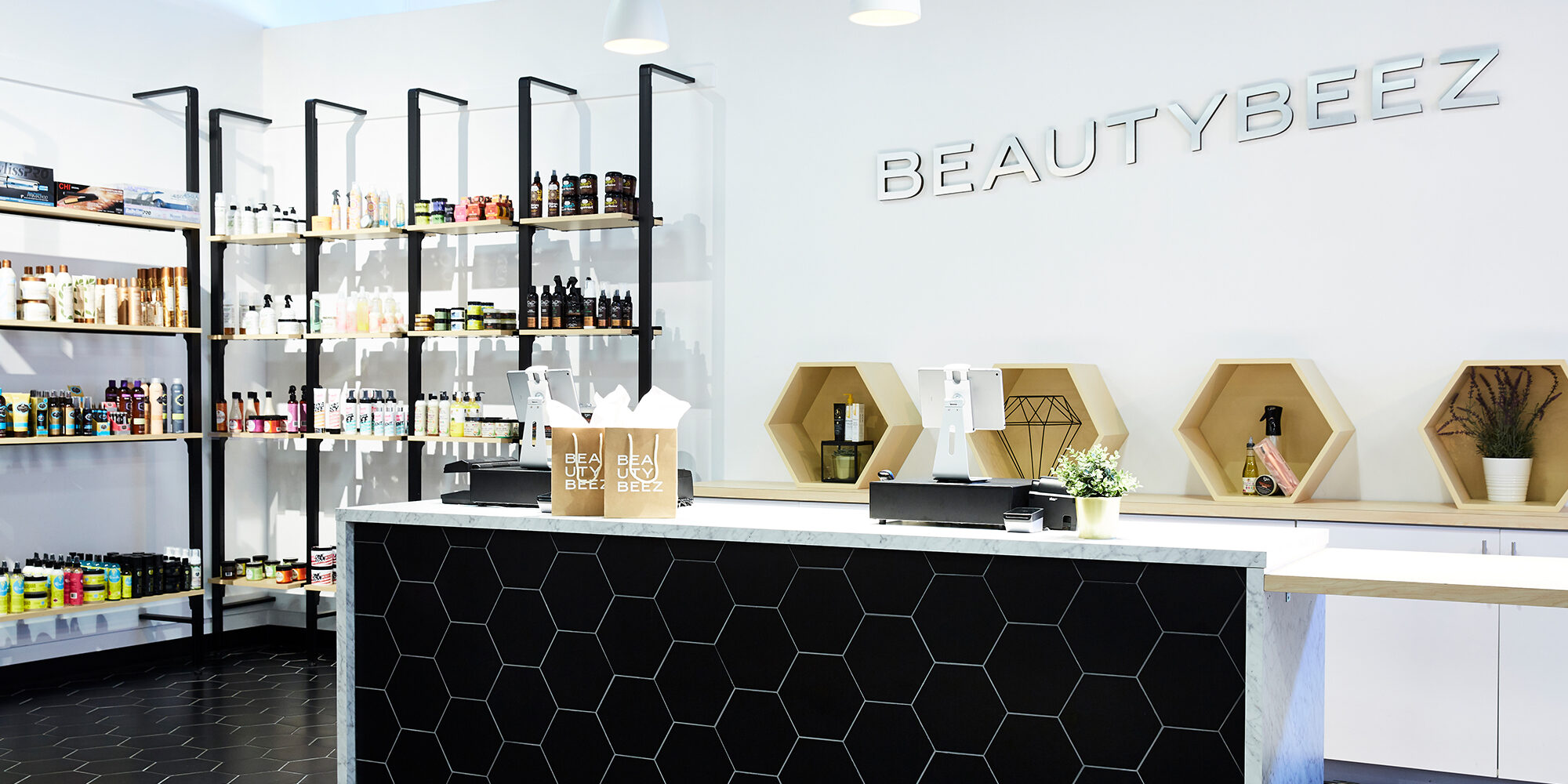
Indie Beauty Retailers On Meeting Unmet Consumer Needs And What They Look For In New Brands
For independent beauty retailers, business challenges are the norm. In the abnormal environment of a pandemic, the business challenges are even greater. During Beauty Independent’s In Conversation webinar last Wednesday, the founders of Shen Beauty, BeautyBeez, CAP Beauty and Beauty Heroes emphasized how a tight focus on their core customers has helped them adapt to the new reality.
The lessons the four leading niche retailers have learned amid the exceedingly tough period for retail reinforce the importance of customer-first strategies relevant to all beauty entrepreneurs. For the webinar audience, each of the merchants defined their current customer bases, detailed their business models, and shared the paths brands should take to become part of their selections.
SHEN BEAUTY
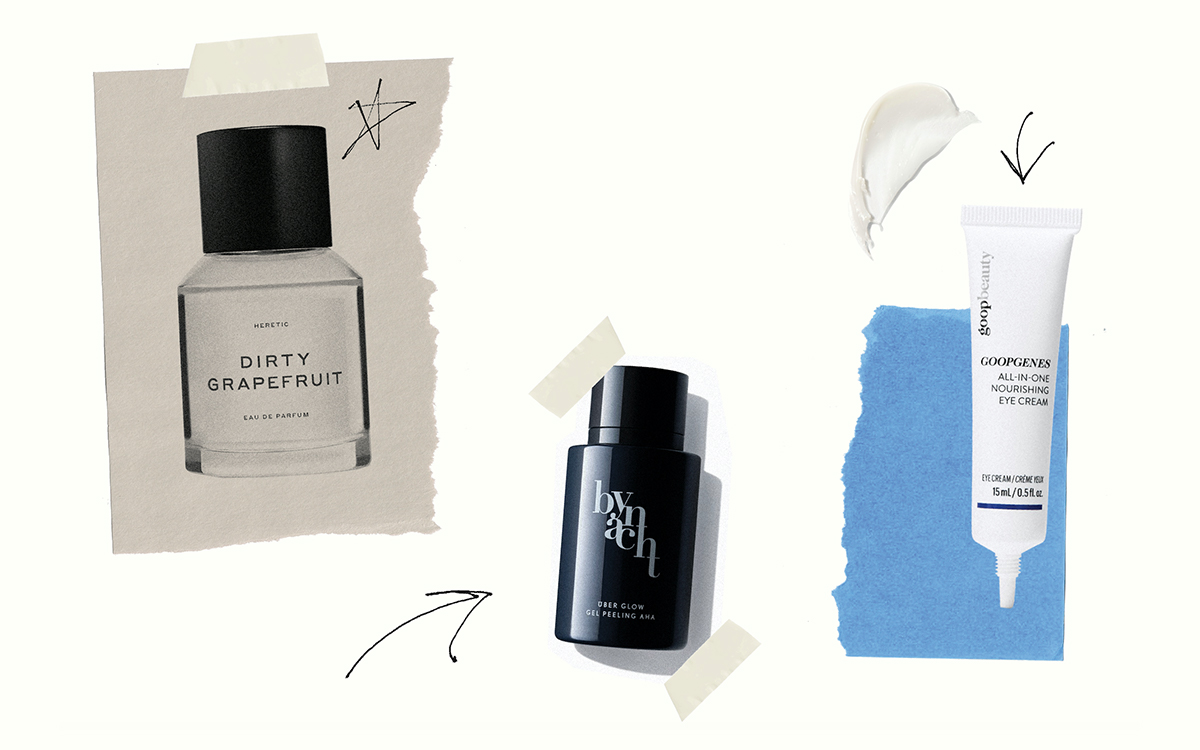
How it’s evolved: Jessica Richards founded Shen Beauty in Brooklyn in October 2010. During the ensuing ten years, she’s adjusted its format several times. After a stint at Vogue, she decided she wanted to be her own boss and apply her editorial instincts to curating beauty products she couldn’t find in the borough. Her original concept centered on selling organic and natural brands imported from Europe. “I hate that world now. Natural doesn’t stand for anything anymore,” said Richards.
She shifted Shen’s approach when she realized customers didn’t care about exclusively using organic products. They were more focused on efficacy and shopping everything they needed at one store. Richards started carrying the well-known makeup brand Bobbi Brown to anchor Shen’s assortment, which ultimately made customers feel comfortable with the idea of trying an expensive niche product that they had never heard of before. Shen no longer carries Bobbi Brown. The retailer has helped launch innovative indies such as Ilia, Kosås, Vintner’s Daughter and May Lindstrom.
Who it’s for: Today, Shen caters to an affluent crowd age 35 and older. “I describe my customer as the woman who goes to Whole Foods and spends $600 on organic groceries,” said Richards. “Then, she goes to Starbucks and gets a latte where it’s full of chemicals. She goes to Soul Cycle or yoga and, then, she goes and gets her Botox. She prefers to use organic products, but, if she has something that she wants gone, she will absolutely use something with chemicals.” As Shen’s customers’ interests have changed, so has its assortment.
Key pivots: Shen began offering in-store services such as facials due to customer demand and began its website in 2011 to coincide with an article in The New York Times that featured Mrs. White’s Unstung Hero, an exclusive hero product to this day. Despite a pandemic-era reliance on online sales, Richards favors brick-and-mortar beauty retailing over digital selling. “I don’t like e-comm,” said Richards. “I believe that beauty is not something that you can buy online and that you should experience it with a sales associate.”
Beauty Heroes
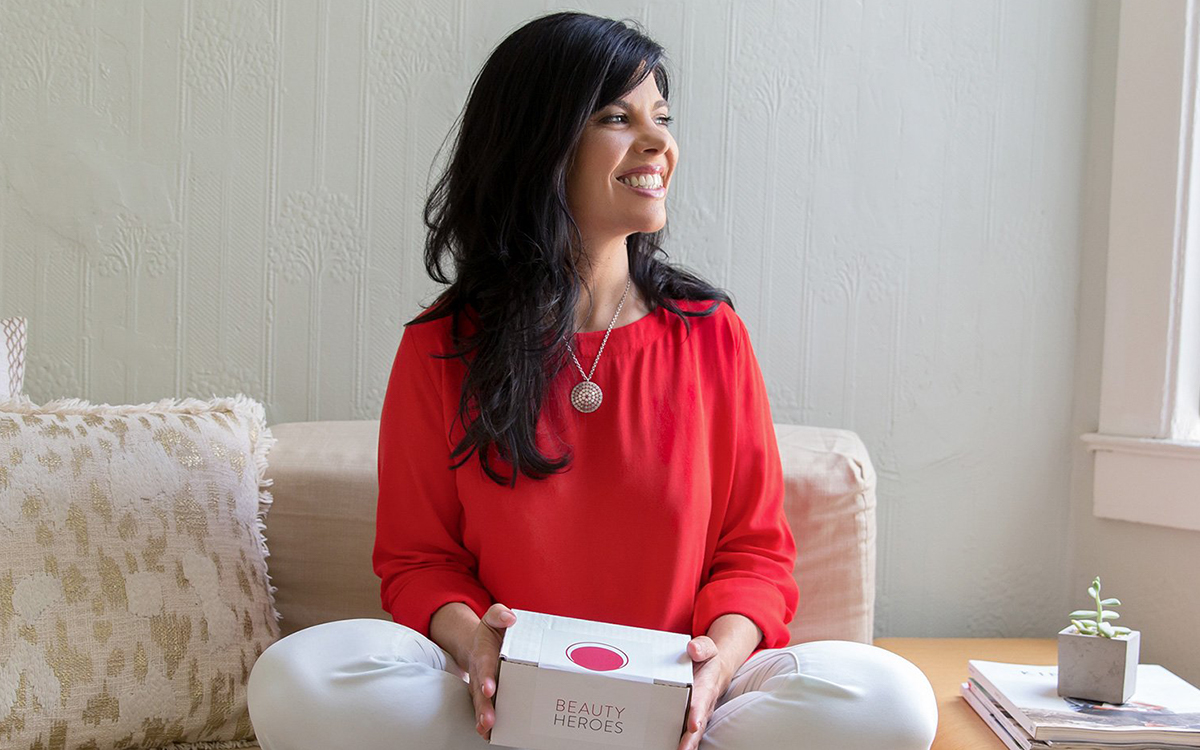
How it’s evolved: Founder Jeannie Jarnot’s vision for Beauty Heroes was informed by her time in hospitality management. She managed hotel spas, and became concerned about the lack of transparency around formulations and ingredients in beauty products. She launched Beauty Heroes in 2014 as a subscription box service with a strong educational component built around clean, organic products.
“I saw women come into my spa feeling completely overwhelmed by the amount of product they had in their lives and not really understanding how to navigate it,” said Jarnot. “They wanted something that focused more on quality over quantity. The Beauty Heroes monthly discovery was really a way to bring a service into your home. And, then, we created an online store to really service our members and our subscribers.” Beauty Heroes opened a physical store in Novato, Jarnot’s hometown in Marin County, California, in 2019.
Who it’s for: Beauty Heroes has cultivated a customer base of women looking for spa-level customer service, green beauty fans and beauty enthusiasts intrigued by novel products. “Our early brand ambassadors were influencers before the term existed, a community of vloggers and bloggers,” explained Jarnot. A cornerstone of Beauty Heroes’ appeal is its Healthy Beauty Standard, which began as a stringent ingredients standard and has since been broadened to include sustainable practices.
Key pivots: “The big surprise for me was when people started shopping our online store who were not subscribers to our monthly service,” says Jarnot. “I was like, ‘Oh my god, I can’t believe this there’s this whole other extension of our business.’” Beauty Heroes now encompasses traditional e-commerce and a store with a mock bathroom and vanity for testing products, and customized facials crafted from products from the store shelves not typically found in spas. Prices range from $6 to $200 for products from brands such as Ayuna, Honua, Golde and Agent Nateur.
BeautyBeez
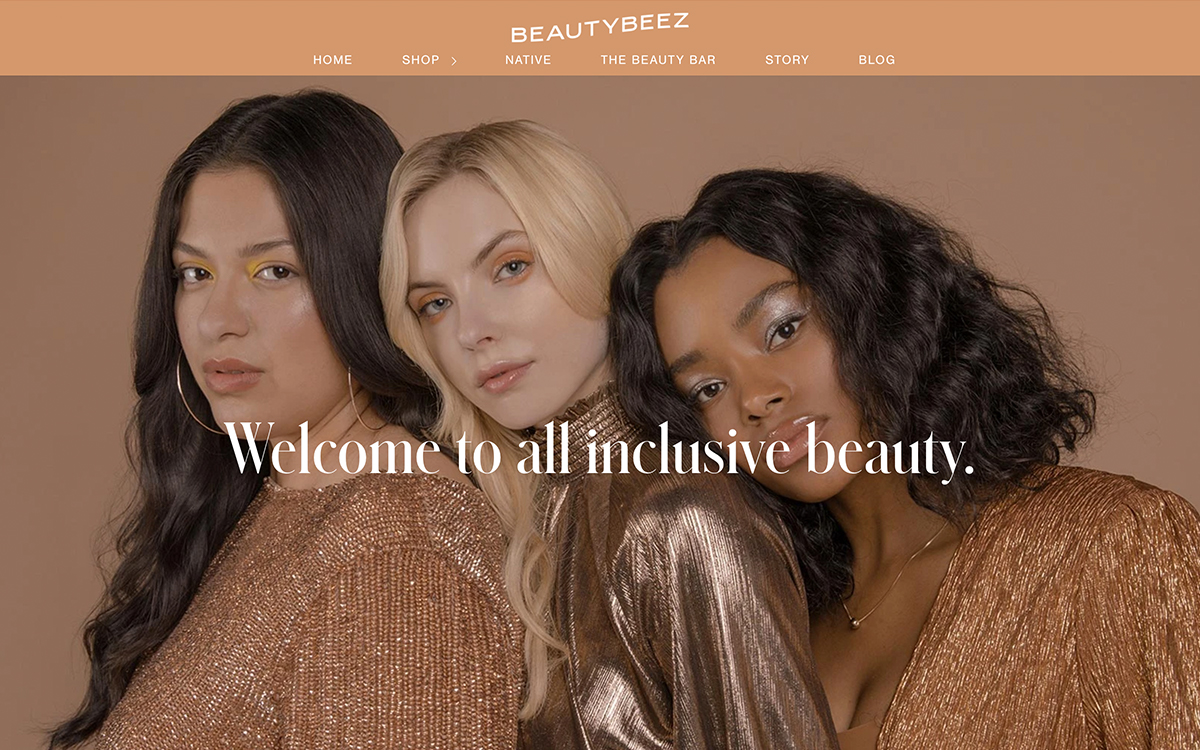
How it’s evolved: Brittney Ogike founded BeautyBeez, the newest retailer among the webinar quartet, to merge the essentials of a beauty supply store with the customer service and expertise of a prestige beauty specialty retailer. Following horrible experiences at neighborhood beauty supply stores and spurred by the lack of choices for women of color in mainstream retailers, Ogike, whose had a career in talent management prior to beauty retail, is breaking down barriers as a Black woman owning a store catering to people of color. “One group has the ownership in this industry,” said Ogike. “They own the retailers, they own the distribution, they own the manufacturing, but they’re not employing us. At the end of the day, we understand our needs the best.”
Who it’s for: BeautyBeez draws women of color looking for services and products designed for them. Ogike sources brands that are created by people of color that are more effective or cleaner that shoppers can’t get at their local beauty supply store. BeautyBeez’s assortment includes Urban Skin Rx, Luv Scrub, Thank God It’s Natural, Bolden, Taliah Waajid, Derma E, Eden BodyWorks and its own wig collection called Native.
Key pivots: Educating consumers about better-for-you beauty and the importance of supporting minority-owned brands is a way Ogike is changing the beauty industry. She opened a physical location in North Hollywood a year ago, and it’s recently had a limited reopening after closing its doors due to the pandemic. Ogike said, “Luckily for us, our online sales picked up dramatically once we were forced to close down.” The last few months have been BeautyBeez’s best yet, thanks to what Ogike described as “the social climate around injustice” sparked by the Black Lives Matter protest that erupted after the killing of George Floyd and awareness of the options the retailer offers to consumers choosing to back founders like her.
CAP Beauty
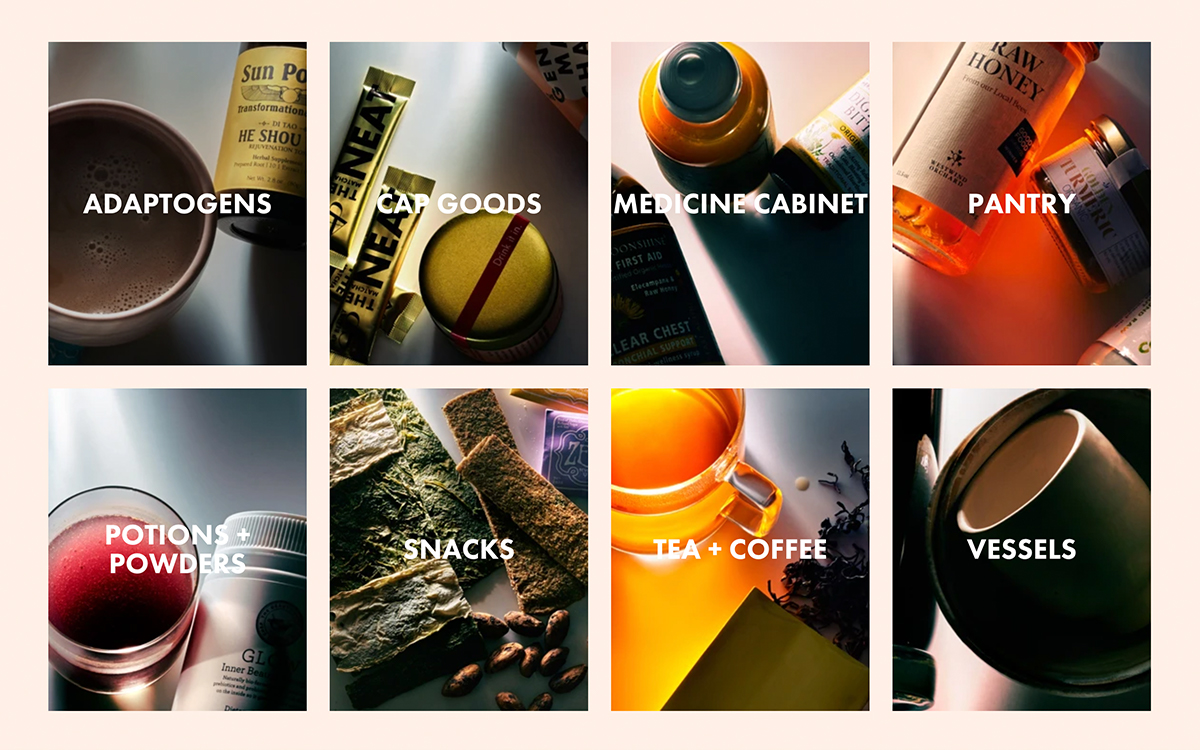
How it’s evolved: Kerrilynn Pamer introduced her customers to a small selection of beauty products at her clothing boutique Castor & Pollux in the New York City’s West Village neighborhood in 2010. When fast fashion undercut her higher-end clothing business, beauty’s comparable affordability became a draw for her clientele. She shifted the focus of her retail space from fashion to beauty and debuted CAP Beauty in 2014. The plant-based product concept embraced services early on and based them around what was being sold in the store rather than relying on back-bar products.
Who it’s for: The woman who has everything, but retains a “voracious curiosity about product” and is increasingly selective about her purchases, according to Pamer. “If you’re presenting and bringing something to the world that is really genuine and fills a need, there’s still room for it,” she said. “We just don’t need a bunch of shit.”
Key pivots: “CAP has shifted and morphed into many different iterations, especially right now,” said Pamer. The retailer expanded from New York to Los Angeles by partnering with luxury retailer Fred Segal, but Credo took over its Fred Segal space last year. CAP recently folded its physical location in New York. “I think that our evolution was going in this direction prior to the pandemic taking place, but it was expedited,” said Pamer. “I was liking the idea of having less overhead. I think retail is a beautiful thing, but it is a challenge.”
Pamer isn’t done with brick-and-mortar enterprise. She has post-pandemic plans for operating a robust spa and treatment center. The forthcoming physical CAP destination will be less centered on retail, and more driven by in-house products and content. In the meantime, Pamer is paring down CAP’s e-commerce collection to concentrate on its private-label product line and generate digital content that “moves beyond the walls of just beauty and exposes our community to people outside of just the beauty world as a way to bring beauty into your life.”
White Spaces And Securing Shelf Space
How to make the initial contact: Jarnot prefers brands’ initial contact to be via email, not social media, though the other founders don’t mind direct messages. Pro tip from Jarnot: Personal connections count. If a brand is referred to her by someone she knows, its pitch will move to the front of the line.
Do your homework: Before you approach any of the four retailers, understand what they’re carrying and the nature of their offerings. Do not send products that don’t meet their standards or requirements, which are spelled out on their sites.
Don’t harass them: A follow-up email or two is acceptable. Stop after that. For the most part, retailers will reach out if they’re interested and silence on their ends generally means they aren’t.
Send product?: If the initial pitch has promise, they may request product. Send enough for their team to test. Sending unsolicited products to a retailer that emphasizes sustainability or environmental consciousness is generally a no-no.
Appeal to the sales associates: Team members can champion products, and the best way to get them familiar with a brand is via an in-store visit.
What the retailers are looking for: “Still looking for clean color cosmetics. Also would love to find a really great acne brand,” said Shen’s Richards.
Beauty Heroes’ Jarnot said, “Color that is truly healthy and clean and good, and zero-waste products.”
Ogike from BeautyBeez said, “Products that are effective for our core demo. If it works on textured hair, if it works on Black and brown skin, and it’s unique, we’re all for it.”
Pamer of CAP, “Nothing category-specific, but something that is special, mindful and isn’t in the world already.”

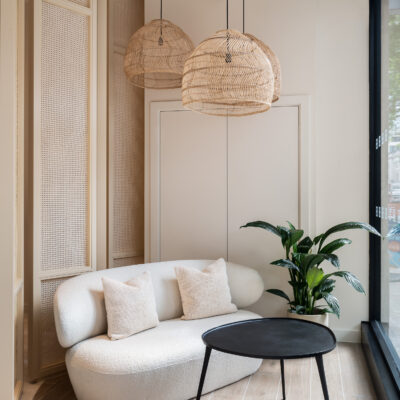
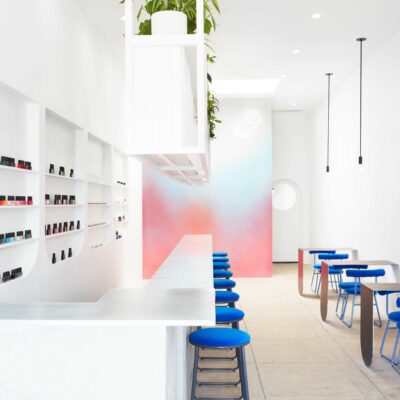
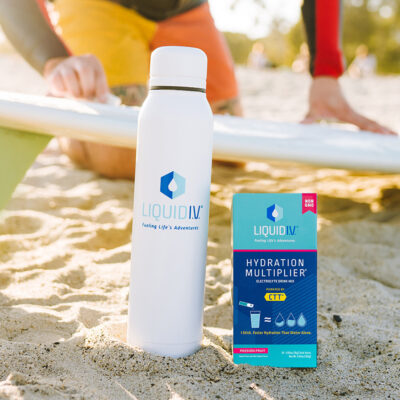

Leave a Reply
You must be logged in to post a comment.